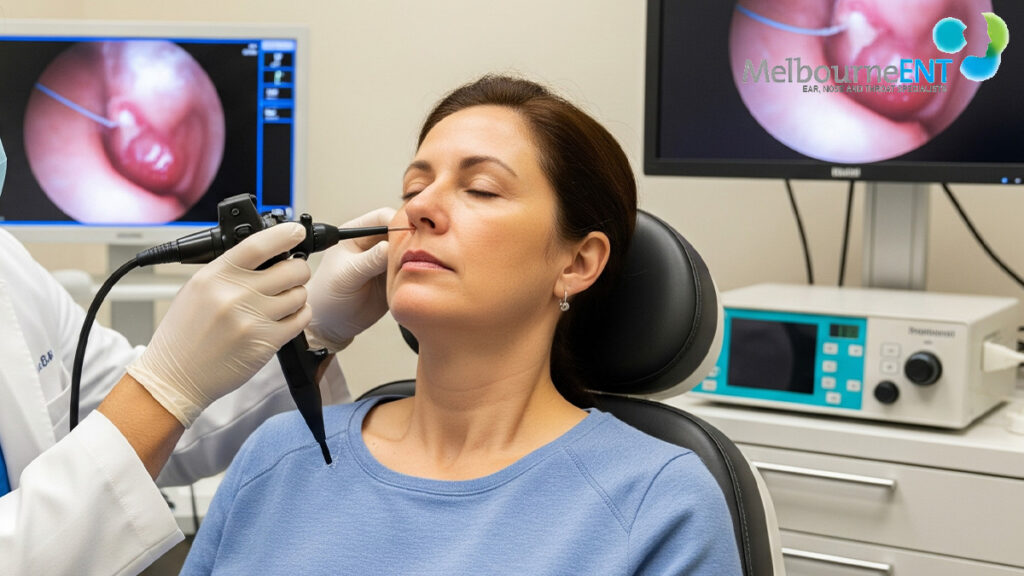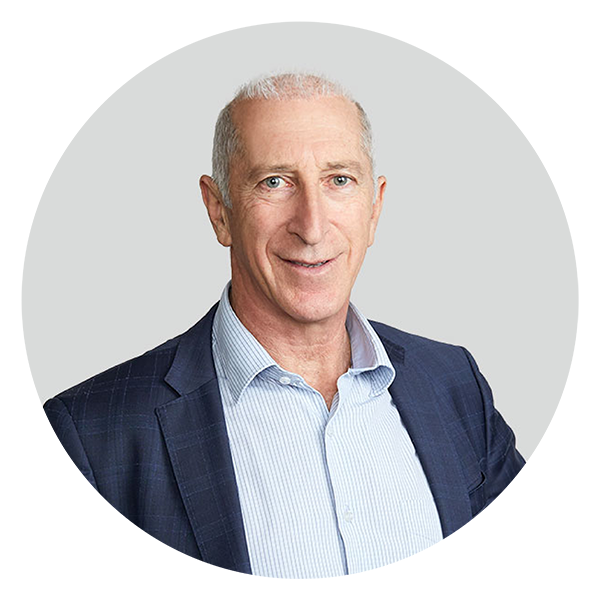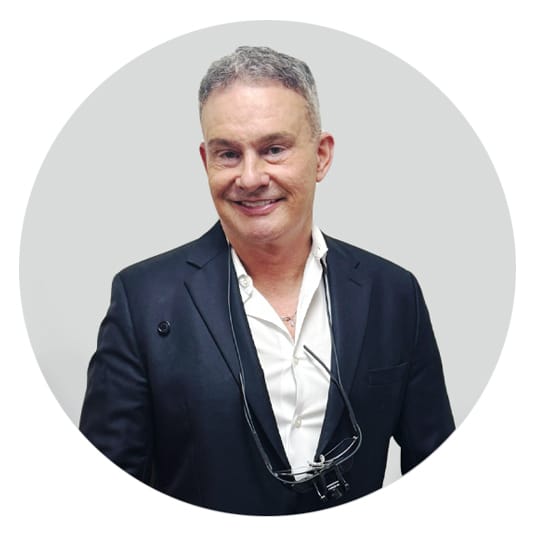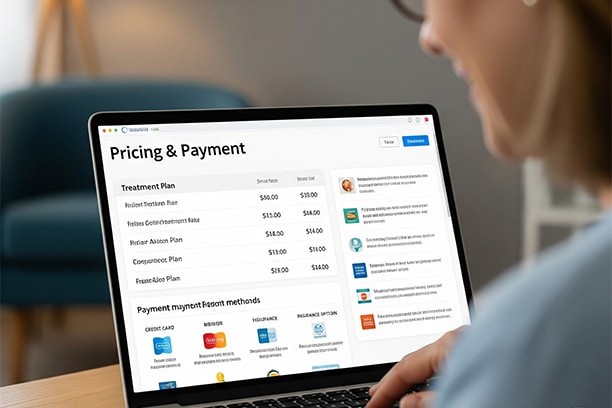
Endoscopic Sinus Surgery, commonly referred to as Functional Endoscopic Sinus Surgery (FESS), is a minimally invasive procedure designed to restore normal sinus function. At Melbourne ENT, located in St Kilda East, Victoria, this procedure is expertly performed by Dr Simon Braham and Dr Stephen Kleid. The clinic offers personalised, high-quality care with a focus on achieving optimal functional outcomes.
Endoscopic sinus surgery primarily addresses medical conditions. The key objective is to treat chronic sinus conditions, help medications work more efficiently, and significantly improve breathing and quality of life. This procedure can be life-changing for those who suffer from persistent sinus issues that impact daily living, sleep quality, and general wellbeing.
What is Endoscopic Sinus Surgery?
Endoscopic Sinus Surgery involves the use of a thin fiberoptic instrument called an endoscope, which is inserted through the nostrils to access the sinuses. The endoscope provides a clear, magnified view of the sinus cavities, allowing ENT specialists to precisely remove blockages, polyps, or diseased tissue, and to widen sinus openings to promote better drainage and airflow in a minimally invasive way.
This advanced technique eliminates the need for external incisions, making the procedure significantly less invasive than traditional open surgery. It allows for highly precise interventions that target only the affected areas, preserving as much healthy tissue as possible. This procedure is especially effective in addressing conditions such as chronic sinusitis or nasal polyps, where inflammation and infection have compromised normal sinus function.
Who Needs It (Candidates for Endoscopic Sinus Surgery)
You may be a candidate for endoscopic sinus surgery if you suffer from persistent or recurrent sinus problems that have not responded to conventional medical treatment. These include symptoms such as prolonged nasal congestion, sleep disordered breathing, reduced sense of smell, and nasal discharge that persists despite multiple courses of antibiotics and corticosteroids.
Individuals who experience multiple sinus infections each year or have been diagnosed with nasal polyps, deviated septum, or anatomical obstructions that impede sinus drainage may benefit significantly from this procedure. In some cases, endoscopic sinus surgery is recommended for patients whose sleep is disrupted due to breathing difficulties caused by sinus blockages. A thorough ENT evaluation, often including nasal endoscopy and sinus imaging, is necessary to determine whether this surgical approach is appropriate.
Benefits of Endoscopic Sinus Surgery
The benefits of endoscopic sinus surgery are both immediate and long-lasting. Patients often report significant relief from nasal congestion, enabling easier and more comfortable breathing. As the sinus pathways are cleared and opened, the frequency and intensity of sinus infections decrease, reducing the need for ongoing antibiotic treatments and other medications.
This procedure may also alleviate chronic facial pain and pressure, which can be a symptom of sinus disease. Some patients experience an improvement in their sense of smell and taste, especially if these senses were diminished due to nasal blockages. Recovery is generally faster than with traditional surgery, and the lack of external incisions means minimal scarring and a more comfortable post-operative experience. Improved nasal function can also contribute to better sleep quality, particularly in those who suffer from obstructive breathing during rest.
Before and After Photos (For Cosmetic Procedures Only)
Sometimes patients request cosmetic surgery at the same time as their FESS procedure. Often this is not medically advisable but on occasion it would be possible. At Melbourne ENT, patients interested in viewing the potential aesthetic outcomes of combined procedures can access before and after photographs through our private image gallery. These visuals provide a helpful reference for understanding the functional and cosmetic possibilities that may be achieved. Our surgeons are also available to discuss individual expectations during the consultation.
Consultation for Endoscopic Sinus Surgery
Your first appointment at Melbourne ENT is designed to be both informative and reassuring. During the consultation, your surgeon will begin by taking a detailed medical history, paying close attention to your symptoms, previous treatments, and any underlying health conditions that could influence surgical planning. This is followed by a physical examination and an in-office nasal endoscopy to visually assess the sinus openings and internal nasal structures.
In many cases, your surgeon may recommend a CT scan of the sinuses to gain a clearer picture of the extent of disease anatomical variations and plan surgery. You will have the opportunity to discuss your goals, concerns, and treatment expectations. Our specialists will explain all available treatment options, including the potential benefits and risks of surgery, allowing you to make a well-informed decision about your care. We strive to ensure that every patient feels supported and understood from the very first visit.
How is it Performed (Surgery for Endoscopic Sinus Surgery)
Endoscopic Sinus Surgery is performed in a hospital setting, most commonly under general anaesthesia. After the patient is comfortably sedated, the surgeon inserts the endoscope into the nasal cavity to visualise the sinus openings and diseased areas. Using specialised micro-instruments, the surgeon then carefully removes inflamed tissue, polyps, or bony obstructions that are preventing normal drainage.
The procedure is meticulously guided by real-time video imaging, and in more complex cases, image-guidance technology may be used to increase precision. This ensures that the surgeon can work with exceptional accuracy while avoiding nearby critical structures. The surgery may also include corrections such as septoplasty or turbinoplasty, which further enhance nasal airflow and complement the functional improvements achieved. Most procedures take between one and two hours, and patients are typically discharged the same day. We avoid nasal packing or splints so the post operative pain is minimalised.
Recovery After Endoscopic Sinus Surgery
Recovery from endoscopic sinus surgery is typically straightforward, though careful adherence to post-operative instructions is essential for optimal healing. At Masada, during the operation we place a dissolving gel that reduces bleeding and aids healing. For the first few days you must avoid blowing the gel out and after 5 days we recommend gentle saline irrigation to aid healing. This will be carefully explained in the hospital prior to discharge. In the initial days following the procedure, patients may experience mild nasal bleeding, congestion, and discomfort. These symptoms are manageable and expected. You can drive a car after 24 hours and return to light duties straight away. You will have a number you can ring 24 hours a day during the recovery period if you have any questions.
After 2 weeks patients return for a follow-up visit where any residual crusting or mucus build-up is gently cleared through endoscopic cleaning. During this period, it is important to avoid activities that increase nasal pressure, such as bending over, heavy lifting, or air travel. By the end of the second week, many patients are able to resume full work and social activities. Over the following months, breathing continues to improve as inflammation subsides and the sinus tissues heal completely. Regular follow-up ensures progress is monitored and any concerns are addressed promptly. Addressing the cause(s) of the inflammation is important in preventing recurrences of symptoms, especially with polyps. The use of nasal sprays and a referral to an immunologist to aid with this is sometimes recommended.
Risks and Complications of Endoscopic Sinus Surgery
As with any surgical procedure, there are potential risks associated with endoscopic sinus surgery. However, the overall risk profile is low, and complications are uncommon when the procedure is performed by an experienced surgeon. Mild side effects such as temporary bleeding, congestion, or a dry nose are typical in the immediate post-operative period and usually resolve with proper care.
Because the sinus are in close proximity to the brain and eye in rare cases, more serious complications such as damage to surrounding structures, cerebrospinal fluid (CSF) leaks, or changes in vision can occur. At Melbourne ENT we have 3 decades of experience with this operation and at Masada we have the latest imaging equipment and have the proud record of no serious complications related to FESS procedures. There is also a small risk of decreased sense of smell or the formation of scar tissue that may require additional treatment. Anaesthesia-related complications are also possible, though uncommon. At Melbourne ENT, every patient receives comprehensive counselling about potential risks before surgery, and all necessary precautions are taken to ensure a safe and smooth recovery.
Cost of Endoscopic Sinus Surgery
The cost of endoscopic sinus surgery can vary based on several factors, including the complexity of the procedure, whether additional nasal surgeries are performed at the same time, and whether the patient chooses to use private health insurance. At Melbourne ENT, we provide an itemised estimate during your consultation, so there are no financial surprises.
This estimate includes surgeon’s fees, anaesthetist costs, hospital and theatre charges, and any follow-up care required. We understand that cost transparency is important, and our administrative team is available to assist patients with any questions related to pricing or insurance. We also encourage patients to explore the Melbourne ENT website for general fee guidance.
Medicare Coverage and Insurance
Endoscopic Sinus Surgery is generally considered medically necessary, which means it is eligible for coverage under the Australian Medicare system. Specific Medicare item numbers (41702 41703) apply to most aspects of the procedure, including consultations, imaging, and surgical treatment. Patients with private health insurance may also receive benefits that cover hospital admissions, surgical theatre time, and professional fees.
To ensure accurate coverage and manage out-of-pocket expenses, we recommend that patients contact their health fund and Medicare provider with their proposed treatment plan. The team at Melbourne ENT will assist in providing the necessary codes and documentation. Our goal is to make the administrative process as seamless and stress-free as possible for every patient.
Why Choose Your Surgeon
Dr Simon Braham is an accomplished ENT surgeon with a career spanning over 3 decades. His commitment to excellence is reflected in his meticulous surgical technique, thoughtful patient care, and dedication to ongoing professional development. Dr Braham trained in Australia and completed advanced fellowship training in New York and Boston, equipping him with world-class skills in nasal and sinus surgery.
He holds appointments at both public and private hospitals, including Royal Victorian Eye and Ear Hospital, Kyneton Hospital, and Masada Private Hospital. Dr Braham is particularly known for his ability to manage complex and revision sinus cases, as well as his warm, approachable manner with patients. At every step, from consultation through recovery, he ensures that patients feel informed, supported, and involved in their care plan. His passion lies in improving his patients’ health outcomes and restoring their quality of life.
FAQs About Endoscopic Sinus Surgery
Is the surgery painful?
Most patients report minimal discomfort following surgery. Pain is generally mild and can be managed with standard pain medications. Any congestion or pressure typically improves within the first few days. We don’t use packs or splints that can be very traumatic to remove.
Will I need another surgery in the future?
While most patients enjoy long-term relief, those with severe or recurring inflammatory conditions may require revision surgery if the post operative medical management was not successful. Regular follow-up review by an immunologist and ongoing medical management help to prevent recurrence is the key to avoiding this.
Can it improve my sense of smell?
Yes, especially if your sense of smell was impaired due to inflammation or nasal polyps. Many patients notice significant improvement post-surgery.
How soon can I return to work?
Recovery times vary, but many patients return to work within 7 to 10 days. This depends on the physical demands of your job and your individual healing progress.
Why do I still feel congested a week after surgery?
It’s common to feel blocked during the initial healing period due to swelling and internal crusting. This gradually improves with saline rinses and debridement by your surgeon.
What if I have allergies – will surgery help?
Surgery can improve sinus drainage, which may help with symptoms. However, ongoing allergy management is still necessary for long-term control.
How will I know if my surgery was successful?
Your symptoms should improve gradually, and your surgeon will assess healing during follow-ups using endoscopic examination.
Medical References
- Functional Endoscopic Sinus Surgery in Chronic Rhinosinusitis: Impact of Anatomical Variations on Operative Safety and Correlation of CT Imaging with Nasal Endoscopy.
International Journal of Pharmaceutical Research & Technology (IJPRT), 2025. https://www.ijprt.org/index.php/pub/article/view/398 - Long-term Outcomes of Endoscopic Sinus Surgery in the Management of Adult Chronic Rhinosinusitis. PMC (National Institutes of Health), 2019. https://pmc.ncbi.nlm.nih.gov/articles/PMC6685750/
- Comparing Medical and Surgical Management of Chronic Rhinosinusitis: A Systematic Review of Dupilumab and Endoscopic Sinus Surgery. PMC (National Institutes of Health), 2025. https://pmc.ncbi.nlm.nih.gov/articles/PMC11954151/
- Sinus Endoscopic Surgery. StatPearls, NCBI Bookshelf, 2015. https://www.ncbi.nlm.nih.gov/books/NBK563202/
- Patient Perspectives on Endoscopic Sinus Surgery for Chronic Rhinosinusitis. PMC (National Institutes of Health), 2021. https://pmc.ncbi.nlm.nih.gov/articles/PMC8207753/
- Revolutionizing Chronic Rhinosinusitis Treatment with Functional Endoscopic Sinus Surgery. Medicine (Baltimore), 2025. https://journals.lww.com/md-journal/fulltext/2025/05020/revolutionizing_chronic_rhinosinusitis_treatment.6.aspx
- Outcomes of Endoscopic Sinus Surgery for Chronic Rhinosinusitis: A Review. SAGE Journals, 2024. https://journals.sagepub.com/doi/10.1177/27534030241274764
Call To Action (CTA)
If you have been struggling with chronic sinus problems or persistent nasal congestion, now is the time to take control of your health. Endoscopic Sinus Surgery at Melbourne ENT offers a long-term solution that can dramatically improve your breathing, reduce infection rates, and enhance your overall wellbeing.
To schedule a consultation with Dr Simon Braham or Dr Stephen Kleid, contact Melbourne ENT today. Our clinic is conveniently located in St Kilda East, Victoria, and we are ready to support you every step of the way. Call us at (03) 9038 1630 or contact us today.
Further Reading
- Read about Melbourne ENT’s Nose Concerns and Conditions
- Read about Melbourne ENT’s Getting a Nasendoscopy before your Rhinoplasty and why you need it?
- Read about Melbourne ENT’s FESS Surgery Melbourne
- Read about Melbourne ENT’s Chronic Rhinosinusitis Melbourne
Why Choose Dr Kleid ?

Dr Stephen Kleid,
Melbourne ENT Surgeon
MED0001052799
Dr Stephen Kleid is an experienced ENT Surgeon (Otolaryngologist) based in Melbourne with a passion for Septo-rhinoplasty, Septoplasty and a strong interest in Rhinoplasty Revision.
Qualifications
- AHPRA (Medical Board)
- MB, BS; FRACS (Fellow of the Royal Australasian College of Surgeons)
- AAFPS – Member of the Australasian Academy of Facial Plastic Surgery
- AAFPRS – (International Member of the American Academy of Facial Plastic and Reconstructive Surgeons)
Dr Kleid’s Procedures
Why Choose Dr Braham ?

Dr Simon Braham,
Melbourne ENT Surgeon
MED0001144757
Dr Simon Braham MBBS (Hons) FRACS is an experienced Ear, Nose and Throat ENT Surgeon (Otolaryngologist) based in Melbourne, performing tonsil, grommet and sinus surgery for children & adults. He helps patients with breathing issues, snoring concerns and sleep disturbances.
Dr Braham’s Procedures
How can we help?
The Melbourne ENT Team takes pleasure in assisting you with any questions when considering a plastic surgery procedure. Please call the St Kilda East clinic in Melbourne between 9am – 5 pm on Weekdays.
What Next?

Want more information about your Procedure?
- Please read our website and blogs to find out more about your procedure and concerns
- For more information about pricing and payment methods, please visit our page on Surgery Payment Options.
- Talk to our Patient Care Team from 9 am to 5 pm Monday to Friday

What to Bring to Your Consultation
- We encourage you to bring a friend or family member to accompany you, as they can provide an extra perspective and support throughout the process.
- It is important to take thorough notes and carefully review all the documents provided to you.

How to Book a Consultation
- A referral from your GP or Specialist is necessary to see a surgeon for a consultation.
- Check the guide to consultation fees and payment for Melbourne ENT plastic surgeons.
- Please contact us to book your consultation.

